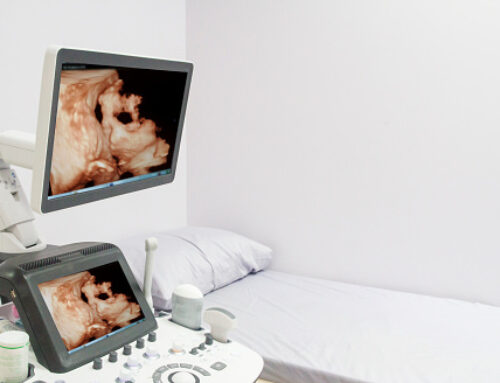Ultrasounds are a common part of prenatal care during pregnancy. These non-invasive imaging tests use sound waves to create images of the fetus, allowing healthcare providers to monitor fetal growth and development, detect any abnormalities, and ensure that the pregnancy is progressing normally. Here’s what you need to know about ultrasounds in pregnancy.
Why are ultrasounds performed during pregnancy?
Ultrasounds are performed during pregnancy for several reasons:
- Confirming pregnancy: An ultrasound can confirm that you are pregnant, determine how far along you are, and estimate your due date.
- Checking fetal growth and development: They can measure the size of the fetus and check for any abnormalities in the development of organs and body systems.
- Checking the placenta and amniotic fluid: They can also check the health and position of the placenta and measure the amount of amniotic fluid in the uterus.
- Checking for multiples: They can detect multiple pregnancies, such as twins or triplets.
- Monitoring high-risk pregnancies: They may be used to monitor pregnancies that are at high risk for complications, such as preterm labor or preeclampsia.
When are ultrasounds performed during pregnancy?
The timing of them during pregnancy may vary depending on the healthcare provider and individual pregnancy needs. However, there are some standard times when ultrasounds are typically performed:
- First trimester ultrasound: This ultrasound is usually performed between weeks 6 and 9 of pregnancy to confirm pregnancy, estimate due date, and check the number of fetuses.
- Second trimester ultrasound: This ultrasound is usually performed between weeks 18 and 22 of pregnancy to check fetal growth and development, the placenta and amniotic fluid, and detect any abnormalities.
- Third trimester ultrasound: This ultrasound may be performed between weeks 32 and 36 of pregnancy to check fetal growth, amniotic fluid levels, and position of the baby.
Additional ultrasounds may be performed if there are concerns or complications during pregnancy.

Are ultrasounds safe during pregnancy?
They are considered safe during pregnancy, and there is no evidence that they cause harm to the fetus or mother. However, ultrasounds should only be performed by trained healthcare professionals and should only be done when medically necessary.
In conclusion, ultrasounds are an important tool in prenatal care, allowing healthcare providers to monitor fetal growth and development and ensure a healthy pregnancy. If you have any questions or concerns about ultrasounds during pregnancy, be sure to discuss them with your healthcare provider.




